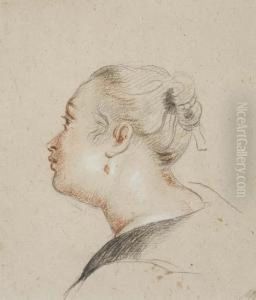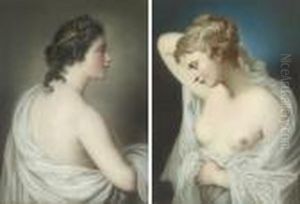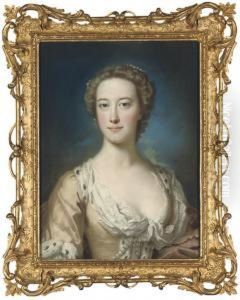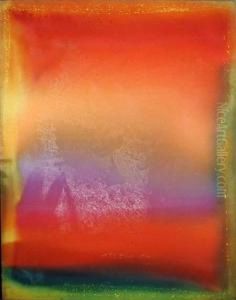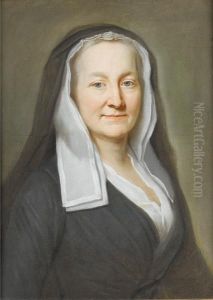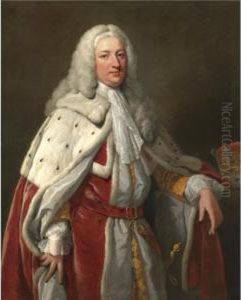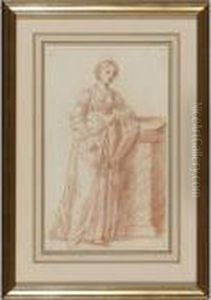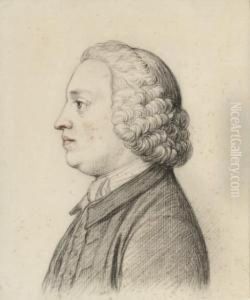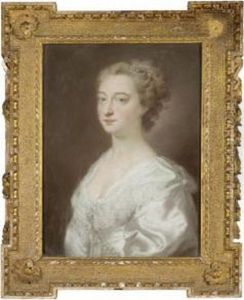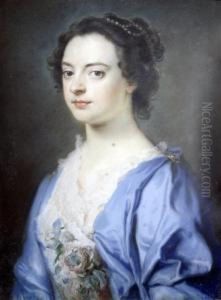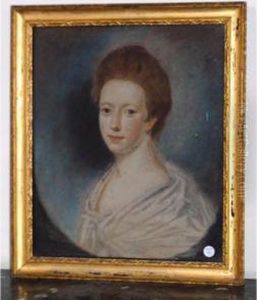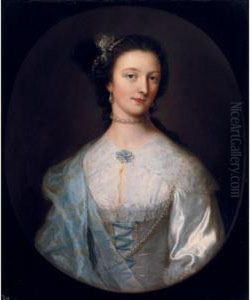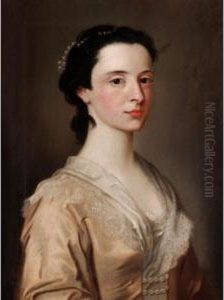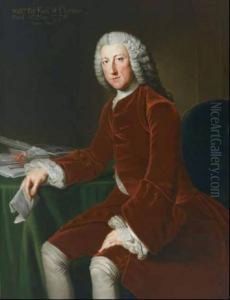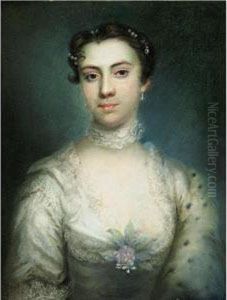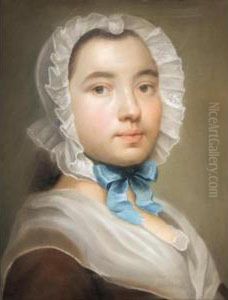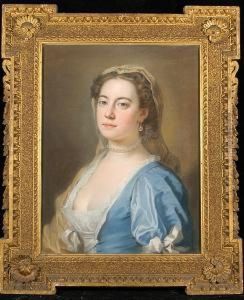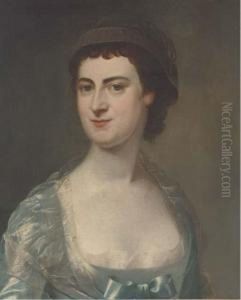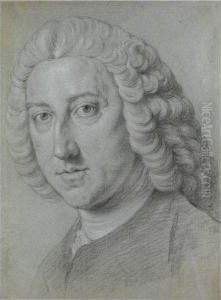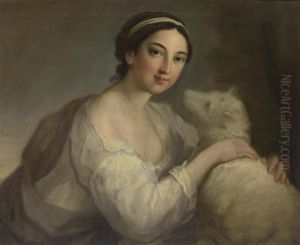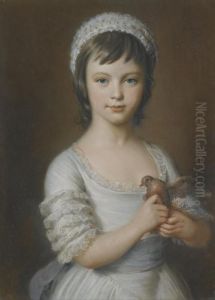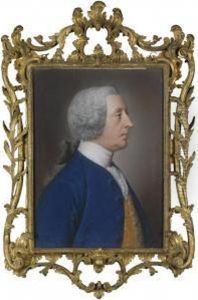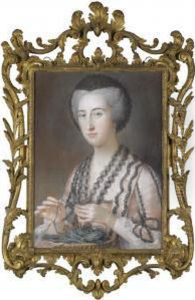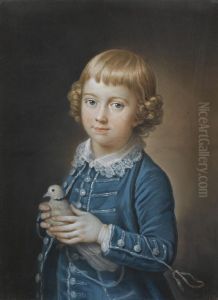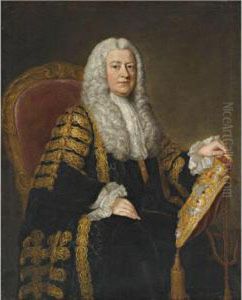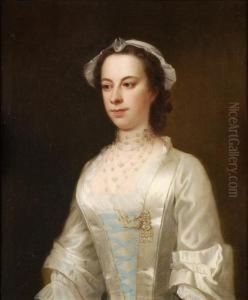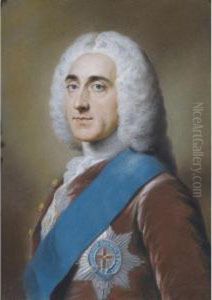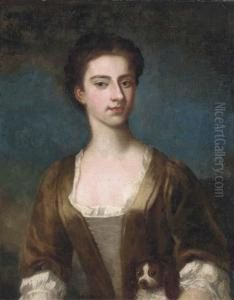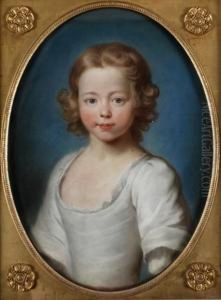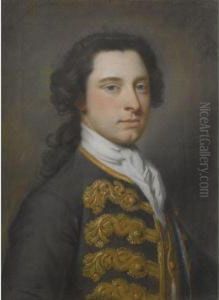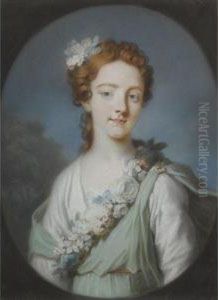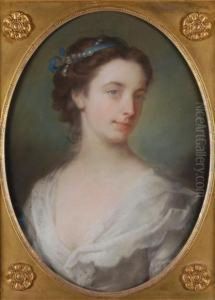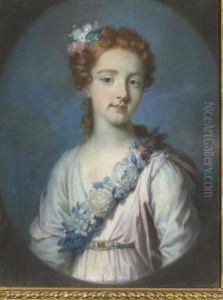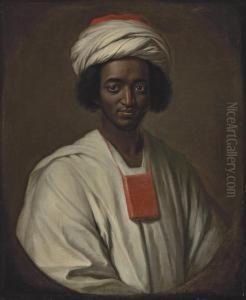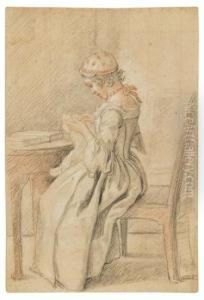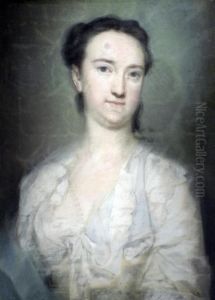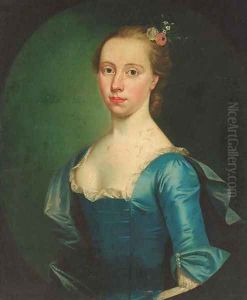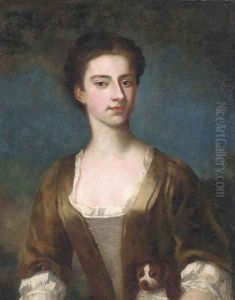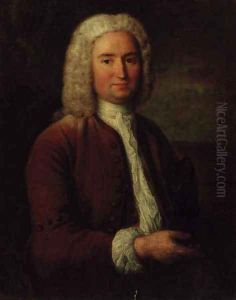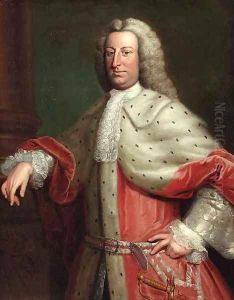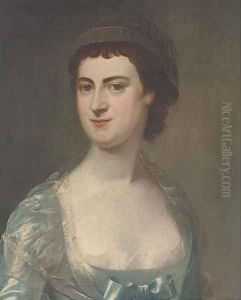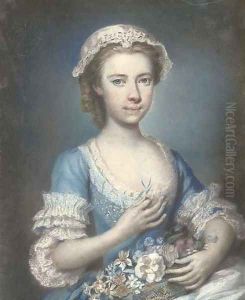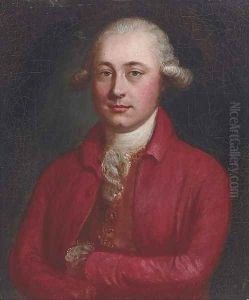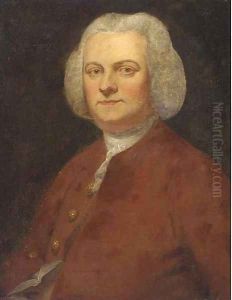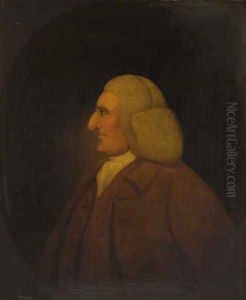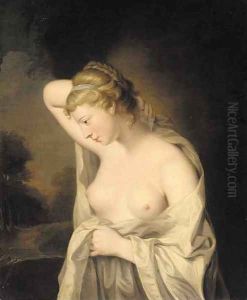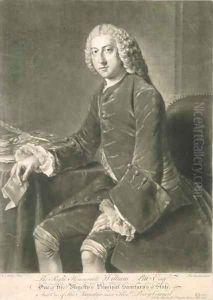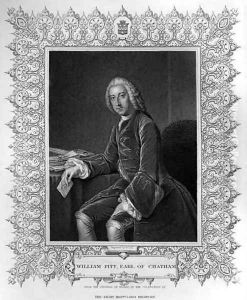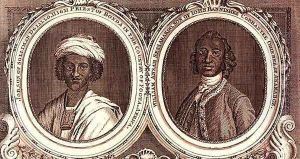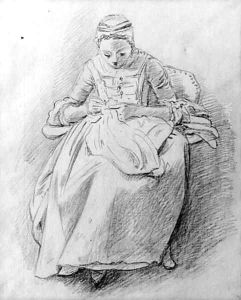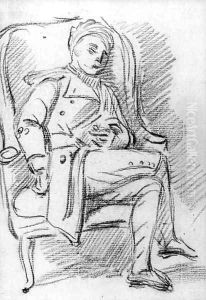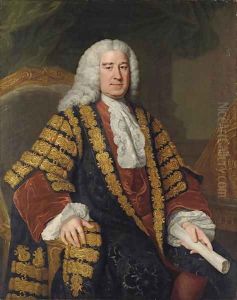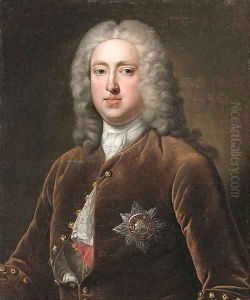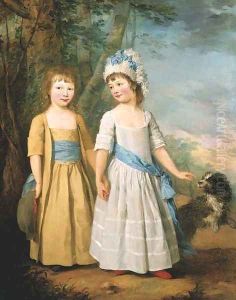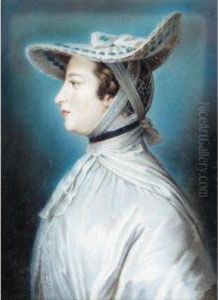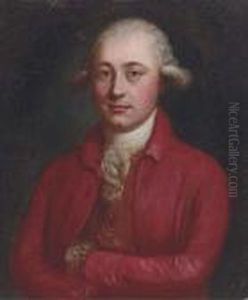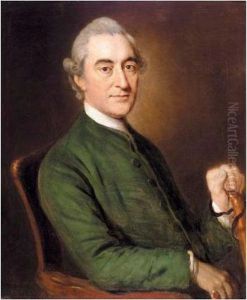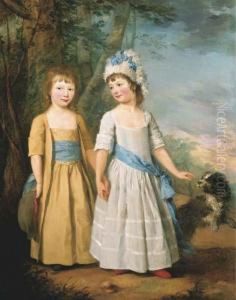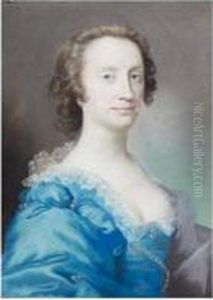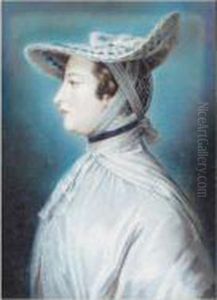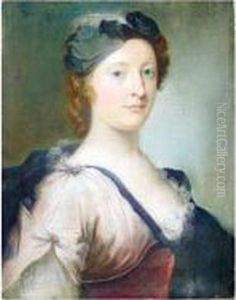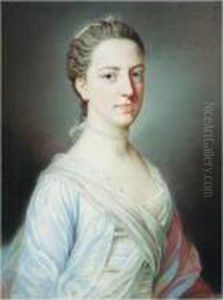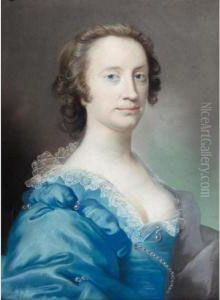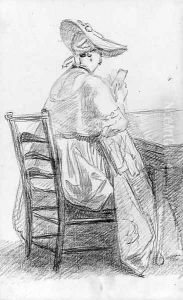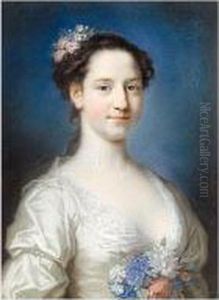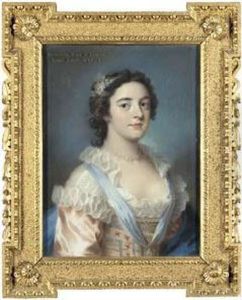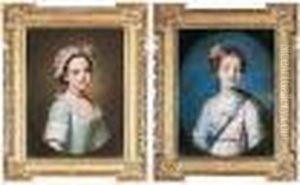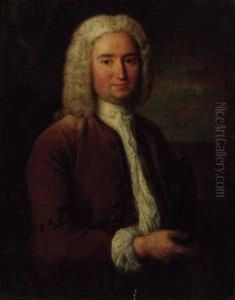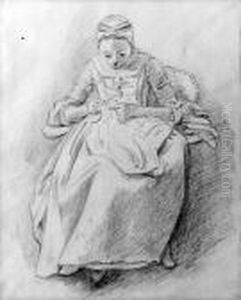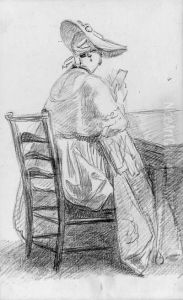William Hoare Of Bath Paintings
William Hoare of Bath was an English portraitist, painter, and printmaker who was born in 1707 in Eye, Suffolk, England. He was one of the earliest English pastelists and was part of the circle of artists active in Bath, which became a hub for the arts in the 18th century. Hoare received his initial training in London under the painter Giuseppe Grisoni before moving to Rome in 1728. During his decade-long stay in Italy, Hoare studied the works of the Old Masters and was particularly influenced by the antique as well as the recent works of Italian painters. His time in Rome played a crucial role in his development as an artist, allowing him to absorb the classical principles that would inform much of his later work.
Upon his return to England in the late 1730s, Hoare settled in Bath, a city famous for its spa and a fashionable resort for the British aristocracy. In Bath, he established himself as a portraitist, drawing the city's visitors who sought to commemorate their stay with a portrait. Bath's social season provided a steady stream of clients. Hoare's work included oil paintings and pastels, and he became renowned for his skill in the latter medium, which was relatively novel in England at the time. His portraits are characterized by a refined elegance and a sensitivity to the character of his sitters, often capturing a genteel and cultivated air that appealed to his sophisticated clientele.
Hoare was a founding member of the Royal Academy in 1768 and was also close friends with the likes of Thomas Gainsborough and Joshua Reynolds, who were prominent figures in the British artistic scene. Despite his associations, Hoare's style retained a distinct classicism and did not fully embrace the more fashionable, romantic trends in portrait painting that some of his contemporaries were developing. Throughout his career, William Hoare continued to be a respected and influential figure in Bath's cultural life. He died in Bath in 1792, leaving behind a body of work that provides a valuable insight into the society and personalities of Georgian England.
